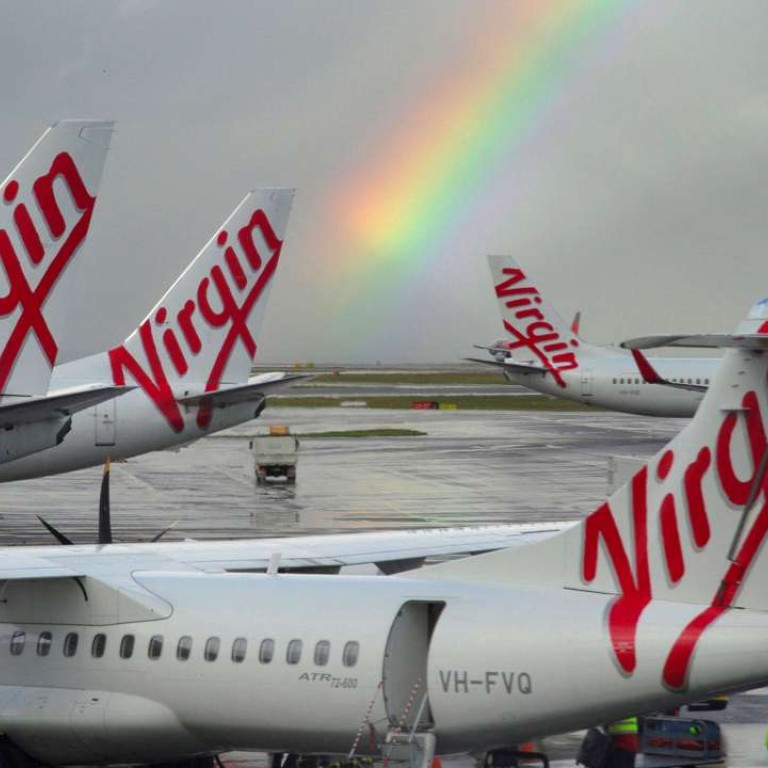
Police charge teenager over alleged hoax radio transmissions at Melbourne airport
The Australian federal police has charged a 19-year-old Victorian man with offences related to alleged illegal radio transmissions to aircraft at Melbourne and Avalon airports, including hoax calls that forced at least one aircraft to abort its landing.
He’s 19, so he’s a young prisoner
During one of the calls, the hoax caller allegedly pretended to be the pilot of a light aircraft as he spoke to an air traffic controller.
“I can see you there now. Roger your Mayday. Could you please advise what your situation is,” the air traffic control operator asks. “Engine failure,” the hoax caller allegedly replies. “Descending passing through 4,500.” In a separate incident, a Virgin Australia flight en route from the Gold Coast to Melbourne was forced to change course under the alleged instruction of the hoax caller transmitting from an unknown location.
A joint investigation between the AFP, Airservices Australia, the Australian Communications and Media Authority and Victoria Police led to the arrest on Tuesday.
Paul Sant, from Rockbank, 29km west of Melbourne, was charged with four counts of endangering the safety of aircraft and one count of interference likely to endanger safety or cause loss or damage.
When he appeared in Melbourne magistrates court on Tuesday afternoon, his lawyer Pern Chaya said Sant had been diagnosed with autism and depression but was not on any medication.
“He’s 19, so he’s a young prisoner,” Chaya said. It was Sant’s first time in custody. He was remanded in custody and is expected to apply for bail on Monday.
The AFP’s head of Crime Operations, acting assistant commissioner Chris Sheehan, said the offences carried a maximum penalty of up to 20 years imprisonment.
In a statement, the Australian Communications and Media Authority said it used a range of technologies and techniques to investigate and locate the sources of unauthorised or interfering transmissions across the radio frequency spectrum.

